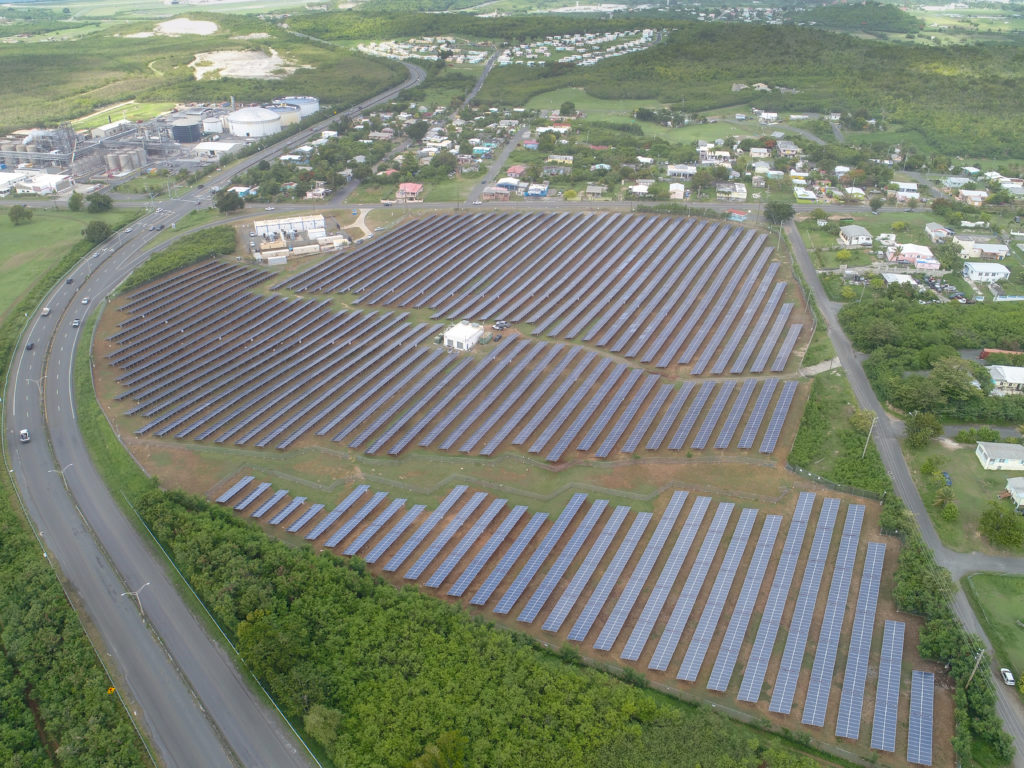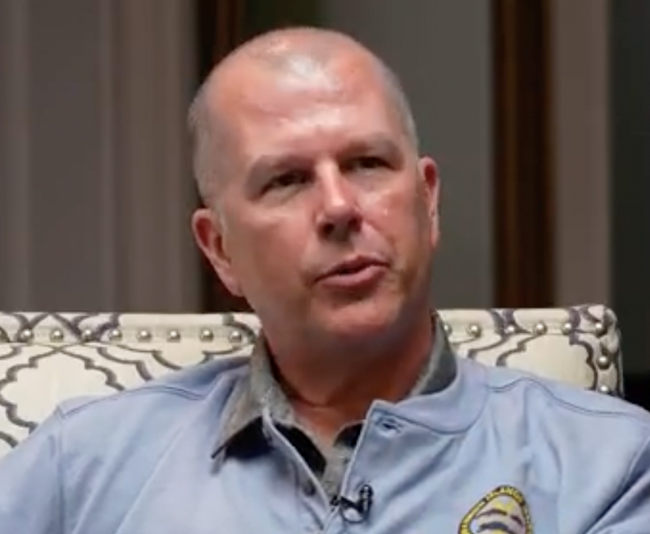
Image provided by AMPS Entrepreneurship Institute
Amps Entrepreneurship Institute and the Natural Resources Conservation Service are seeking 25 motivated USVI 16 to 22-year-old students to participate in the free ground-breaking “Shaping Equity through Conservation Entrepreneurial Camp.” This is a 3-day retreat in St. Croix to help Virgin Islands youth explore business opportunities in conservation, agriculture, marketing, IT and more.
The retreat targets high school and college students in the U.S. Virgin Islands who will be working with farmers, meeting heads of state and business owners from the U.S. The students will receive hands-on business training, form teams, and vie for prizes for the best conservation-oriented business plan.
It will be a literal laboratory for entrepreneurial education and leadership development. And the initiative does not end with the retreat but kicks off a year-long mentorship with the USDA and local agriculture professionals.
Students interested in participating in this exciting opportunity should visit https://www.ampsinstitute.com/application/ and apply by October 15, 2022.
The program is being led by Amps Entrepreneurship Leadership Institute, funded through a national NRCS Equity grant.
“Amps Entrepreneurship Leadership Institute is paving the way for 25 high school and college students to start a business by solving a problem. Their mission: analyze ways the USDA can improve on conservation and create a business around it. This innovative model is attracting corporations at a time most industries are struggling to hire a competent and competitive workforce.”
The retreat will be held at the Tamarind Reef Resort and Spa in Christiansted.
The founder of Amps Entrepreneurship Leadership Institute and CEO of Amps International, LLC, James Amps II, has been empowering youth for over a decade, working directly with more than 20,000 youth worldwide.
Amps says, “This model introduces youth to careers they might not normally consider. Everybody wants to “Save the Environment” but what if you could help do it and build a career out of it? More importantly, your own business!”
The institute recognizes USDA-NRCS Director for Racial Equity and Justice Vivian Dickson who was instrumental in spearheading the proposal to explore ways to get youth excited about equity in conservation and knows youth entrepreneurship is an untapped resource the next generation is prepared to master.
For more information, please contact: James Amps II/Founder, Amps Entrepreneurship Leadership Institute, CEO, Amps International, LLC, 954-668-8008 / 754-276-5286.


